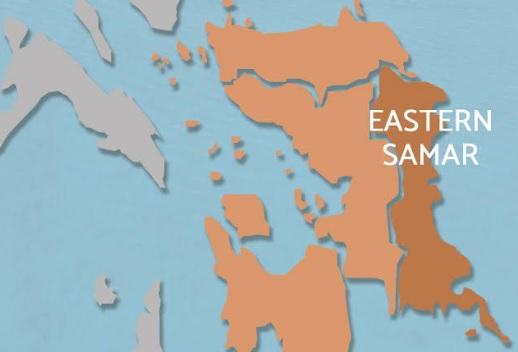Highest heat index recorded in Guiuan, Eastern Samar at 55ºC —PAGASA

State weather bureau PAGASA said the highest heat index in the country was recorded in Guiuan, Eastern Samar on Sunday at 55ºC.
This broke the record made in Iba, Zambales on April 28 at 53ºC.
Heat indexes at 52ºC and up are already considered at “extreme danger level,” which means heat stroke is imminent, PAGASA said.
Heat index is the measure of the temperature that a person feels, which is different from the actual air temperature, the weather bureau said. It is computed by factoring in the humidity and the air temperature.
According to PAGASA, heat cramps and heat exhaustion are likely in areas experiencing a danger level heat index, which is from 42 to 51ºC. Heat stroke is also possible with continued exposure.
On May 4, the Department of Health (DOH) said 77 cases of heat-related illnesses were reported so far this year, including those who may have died due to the hot weather. Around 87% or 67 of these cases were aged 12 to 21 years old.
Of the 77 total cases, seven were "reported deaths" although these were "non-conclusive for heat stroke" due to insufficient data.
The DOH said these deaths may be heat-related illnesses, including heat stroke, or heat-influenced, such as underlying high risk for heart attack, precipitated by hot environment that led to elevated blood pressure.
If anyone is experiencing heat stroke symptoms, the DOH advised the following first aid measures:
- Move the person to a shaded, cool area, and provide ventilation.
- Remove the person’s outer clothing.
- Apply cold compresses, ice packs, cold water, or cold wet cloth against the skin, especially on the head, face, neck, armpits, wrists, ankles, and groin. If the patient is conscious, encourage frequent slow sips of cool water.
- Contact emergency services or bring the person to the hospital immediately.
To prevent heat-related illnesses, PAGASA advised the public to limit time spent outdoors, drink plenty of water, and avoid tea, coffee, soda, as well as liquor.
People should also use umbrellas, hats, and sleeved clothing outdoors and schedule their heavy-duty activities for the beginning or end of the day when it is cooler, it said.
PAGASA on March 22 declared the start of the warm and dry season in the country, and the start of the El Niño phenomenon on July 4 last year.
Since 2023, the United Nations has warned the public of “global boiling.”
“The era of global warming has ended, the era of global boiling has arrived,” UN Secretary-General António Guterres said in July 2023. —Joviland Rita/KG, GMA Integrated News

Need a wellness break? Sign up for The Boost!
Stay up-to-date with the latest health and wellness reads.
Please enter a valid email address
Your email is safe with us






